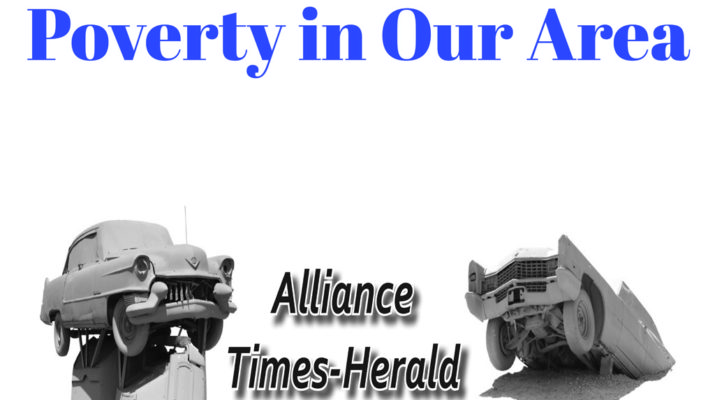On Thursday, June 9, the Alliance Poverty Task Force will be hosting another workshop in the Bridges Out of Poverty series. This one will be focused on the community and how we can create understanding and a common language. When businesses, schools, social services, healthcare providers, law enforcement, higher education, and churches work together with people from poverty, communities thrive. For the next two months we will be reviewing some of the things we have learned from the previous Bridges Out of Poverty workshops.
Bridges Out of Poverty defines poverty as the extent to which an individual does without resources. Bridges lists these as our resources:
Financial – being able to purchase goods and services. This is what we think of when we are talking about poverty; people who don’t earn enough to buy food, housing, and the other things they need.
Emotional – being able to choose and control emotional responses, particularly to negative situations, without engaging in self-destructive behavior. This shows itself through the choices we make.
Mental – having the mental abilities and acquired skills (reading, writing, computing) to deal with daily life.
Spiritual – believing in divine purpose and guidance.
Physical – having physical health and mobility.
Support Systems – having friends, family, and backup resources available to access in times of need.
Relationships/Role Models – having frequent access to adults who are appropriate, nurturing, and who do not engage in destructive behavior.
Knowledge of Hidden Rules – knowing the unspoken cues and habits of a group.
Coping Strategies – Being able to engage in mindsets, techniques, and self-talk that allow someone to move from a personal problem to the issue.
Some of the resources listed are self-explanatory, like physical resources. Some people may have physical handicaps severe enough that they may not ever be self-sufficient.
We typically think of poverty in terms of financial resources, and we have written several columns about personal finance issues. However, the ability to leave poverty depends more on a person’s other resources.
Several resources will be topics for future columns as we review issues in poverty. This research has been done by Ruby K. Payne, Ph.D. and her colleagues at the aha!Process, the parent company of Bridges Out of Poverty.

